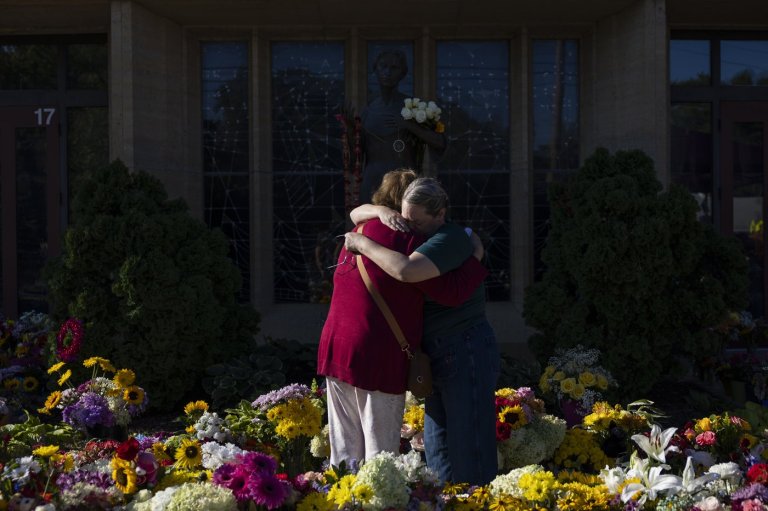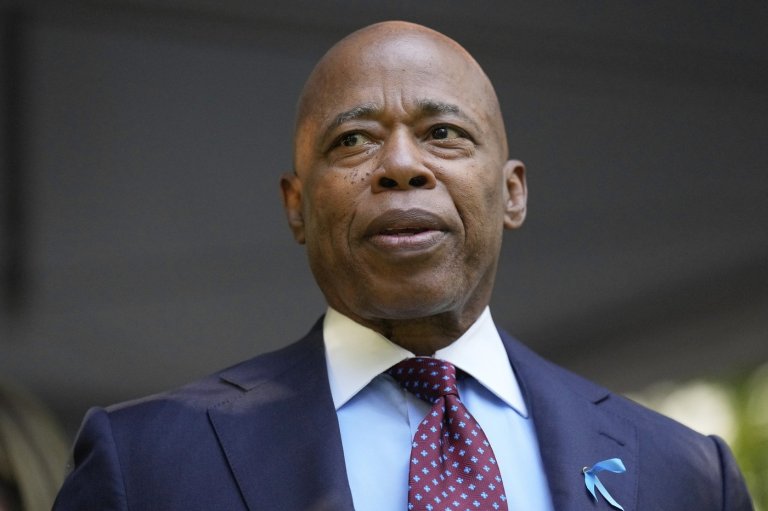Dutch lower house lawmakers approve limited burqa ban
THE HAGUE, Netherlands – Lawmakers in the lower house of the Dutch parliament on Tuesday approved a limited ban on “face-covering clothing” including Islamic veils and robes such as the burqa and niqab.
The legislation, approved by a large majority in the 150-seat lower house, must now be approved by the upper house of parliament before it can be signed into law.
In a text message to The Associated Press, anti-Islam lawmaker Geert Wilders called the limited ban, “a step in the right direction” and said he will push for a full burqa ban if his Freedom Party wins elections in March.
Studies suggest that only a few hundred women in the Netherlands wear niqabs or full-face burqas, but successive governments have attempted to ban the garments, following the example of European countries such as France and Belgium.
The Dutch proposal, described by the government as “religion-neutral,” does not go as far as the complete bans in those countries. It applies on public transport and in education institutions, health institutions such as hospitals, and government buildings.
In a debate last week that paved the way for Tuesday’s swift vote, Interior Minister Ronald Plasterk acknowledged that debate about the burqa had played a major role in the ban. But Plasterk, who is from the centre-left Labor Party, said that in a free country like the Netherlands people should be allowed to appear in public with their faces covered, if they want to, but that in government buildings, schools and hospitals people need to be able to look each other in the face.
The maximum fine for breaching the ban, which also covers ski masks and full-face helmets, is just over 400 euros ($425).
Join the Conversation!
Want to share your thoughts, add context, or connect with others in your community?
You must be logged in to post a comment.


















